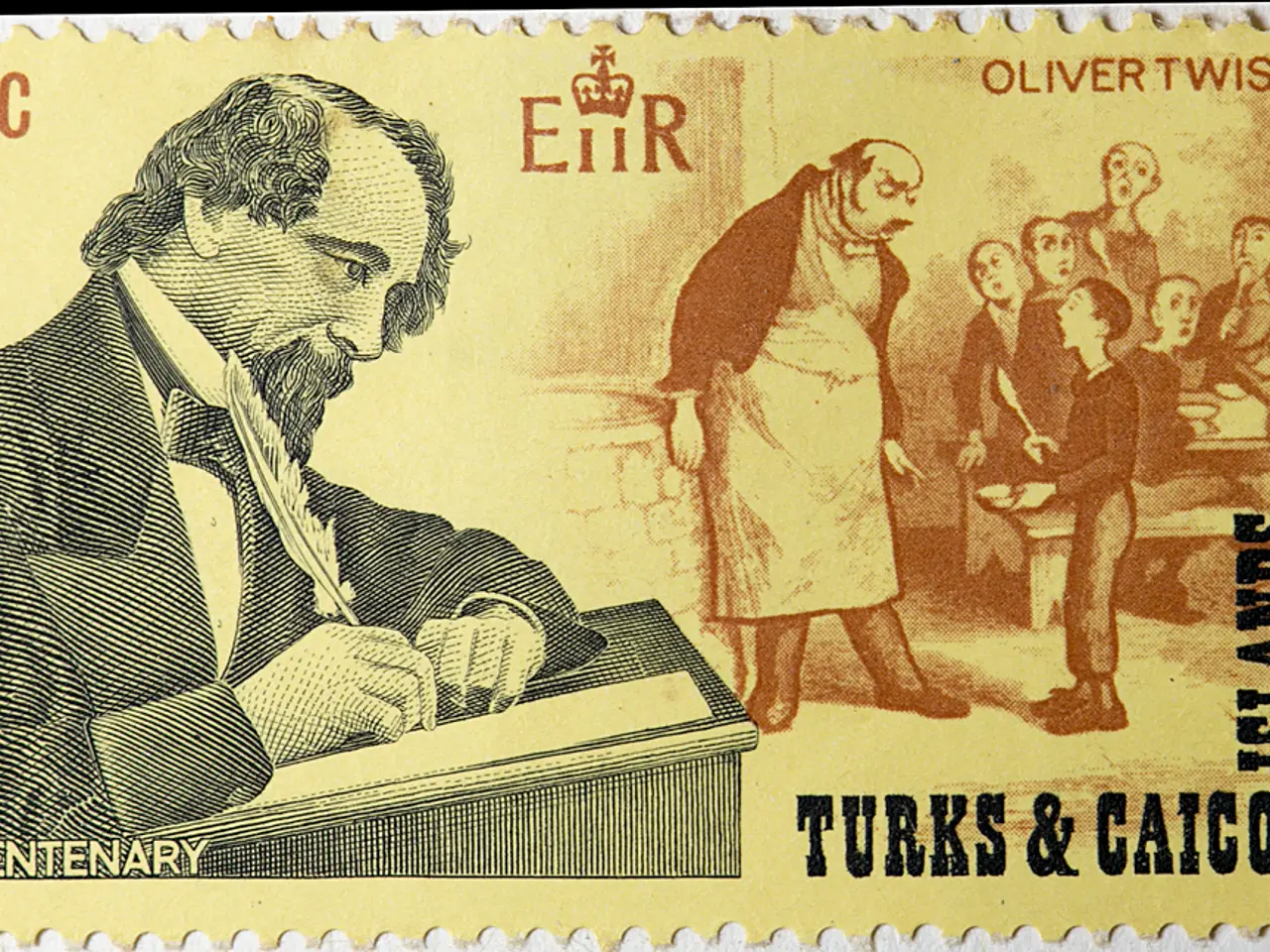Home buyers beware: HMRC cautions against a stamp duty refund fraud scheme
HMRC Warns Against Stamp Duty Land Tax Scams
The UK's tax authority, HM Revenue & Customs (HMRC), has issued a stern warning to home buyers about tax agents offering to secure stamp duty land tax (SDLT) repayments on their behalf. The warning comes in response to an increasing number of scams that aim to exploit the SDLT system.
According to HMRC, these scams often involve the false classification of London houses as non-residential for SDLT purposes. This is a clear violation of the rules, as properties that require repairs but still retain the core features of a dwelling are considered residential for SDLT purposes.
In a recent Court of Appeal ruling in Mudan & Anor v HMRC, it was confirmed that a property that has been previously used as a dwelling and retains its fundamental characteristics—even if it is in need of repair—is charged at the residential SDLT rates. Claims attempting to reclassify such properties as non-residential based solely on their condition are invalid and can lead to the repayment of the full SDLT, plus penalties and interest.
Rohit Kohli, a director at The Mortgage Shop, has warned buyers to be wary of anyone promising easy refunds on tax already paid. He emphasized that relying on an agent's word could result in paying the bill twice, plus penalties and interest.
Anthony Burke, HMRC’s deputy director of compliance assets, urged home buyers to be cautious of allowing someone to make an SDLT repayment claim on their behalf. He highlighted that HMRC is proactively hunting down agents submitting fraudulent SDLT repayment claims.
First-time buyers may potentially pay £11,250 extra due to the changed tax rules. However, recent figures from property website Zoopla show that 83% of buyers would pay SDLT if they bought a home today, compared to 49% before April. This suggests that more buyers are negotiating a price reduction to compensate for the extra tax.
Buyers should be particularly cautious of online 'finfluencers' spouting inaccurate claims regarding SDLT on social media channels. If the claim is inaccurate, homeowners could end up paying more than the amount they were trying to recover.
Scam firms take a large cut, for example 30%, before disappearing, leaving homeowners responsible for the repayment. If the scam is discovered, homeowners may be liable for the full amount of SDLT, plus penalties and interest.
HMRC has reaffirmed its position that properties in need of repair are chargeable at the full residential rates of SDLT, and that repayment claims based solely on a property's condition are not valid. The authority is deploying its civil and criminal enforcement powers against scammers attempting to undermine the system and rip off buyers.
In conclusion, home buyers should exercise caution when dealing with tax agents offering SDLT repayment claims. It's essential to ensure that the claims are valid and not potentially leading to higher tax bills, penalties, and interest.
[1] HMRC statement on stamp duty land tax scams [2] Court of Appeal ruling in Mudan & Anor v HMRC [3] HMRC guidance on stamp duty land tax for residential properties [4] The Mortgage Shop warning to buyers [5] Zoopla figures on SDLT and property prices
- To ensure a smooth property purchase without unforeseen financial complications, buyers must avoid engaging with tax agents offering reimbursements on mortgage-related taxes like SDLT, as these could lead to higher personal-finance burdens, including repayment of the full SDLT, plus penalties and interest.
- While navigating the complexity of business-related financial matters, especially in the property sector, it's crucial for home buyers to independently verify tax-related claims involving property and finance, in light of the increasing occurrence of SDLT scams perpetuated by unscrupulous tax agents.




